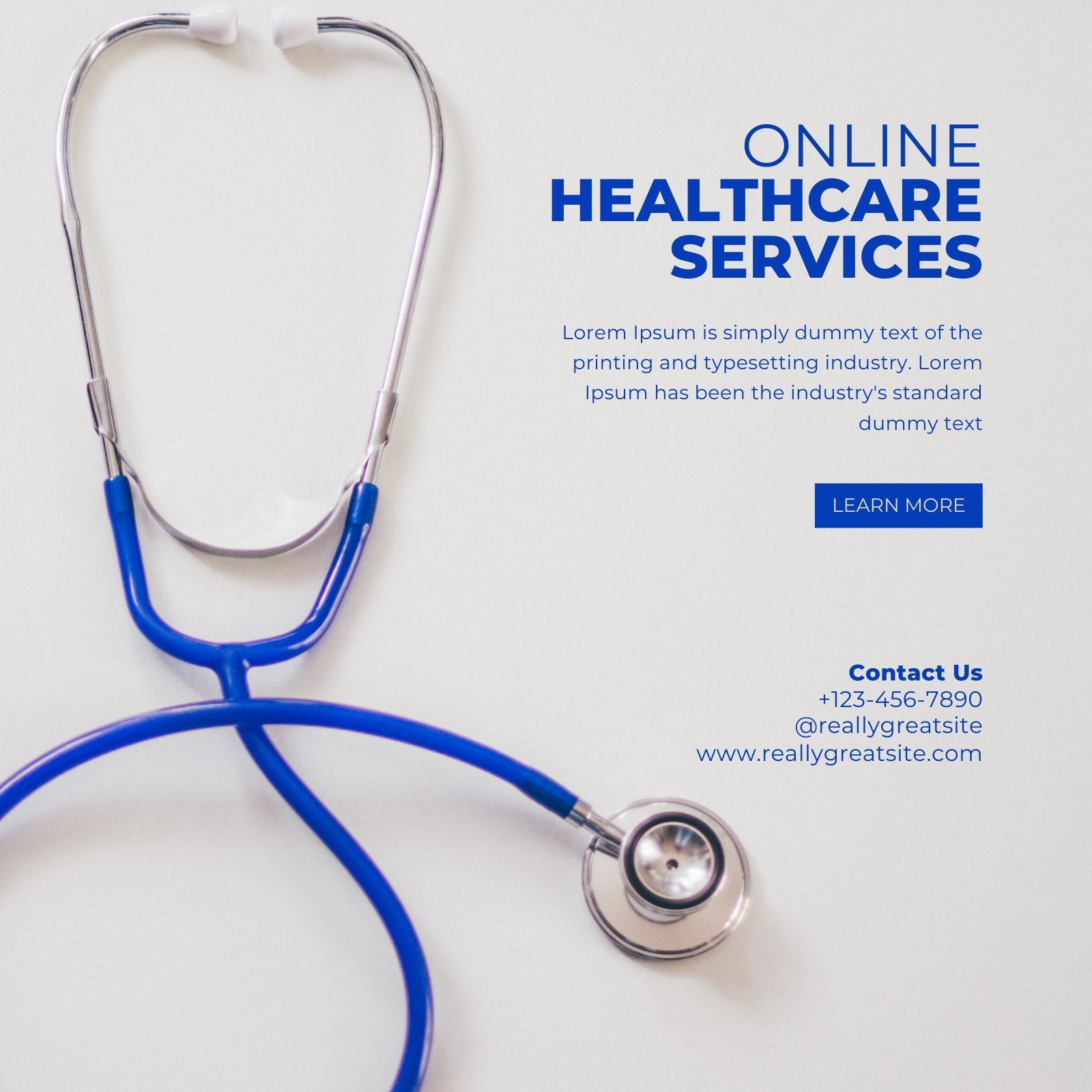The Increase of Subscription-Based Healthcare and Its Effect On Individual Treatment
As health care progresses, the subscription-based version is getting traction, guaranteeing to revolutionize individual care by offering predictability and accessibility. These versions, which bypass typical insurance, could redefine the patient-doctor dynamic, stressing preventive and personalized care. Yet, just like any technology, they present obstacles, specifically worrying equitable access for all socioeconomic groups. The possibility for these versions to improve healthcare delivery raises pressing questions concerning their long-term sustainability and inclusivity. Are these registration solutions the future of health care, or do they risk leaving susceptible populaces behind? The ins and outs of this shift warrant a closer examination.
Understanding Subscription Medical Care Designs
Comprehending the principle of membership healthcare versions entails taking a look at a transformative method to medical solutions that emphasizes cost and ease of access. These versions, typically described as direct key care (DPC) or attendant medicine, have become innovative alternatives to conventional fee-for-service medical care systems. Registration health care permits patients to pay a set regular monthly or yearly charge for a specified set of medical services, which might consist of limitless workplace visits, regular exams, and fundamental laboratory tests, without the demand for traditional insurance policy billing.
The structure of membership healthcare models is created to simplify individual treatment by getting rid of third-party payers and complex payment codes, therefore decreasing management worries. Doctor can concentrate more on client treatment, promoting more powerful patient-provider relationships. This version likewise promotes preventative care by motivating routine brows through, as the financial barrier of per-visit costs is eliminated.
The registration design often encourages health care suppliers to manage smaller patient panels, permitting more individualized care. It aligns monetary rewards with person health and wellness results, as suppliers are encouraged to maintain client fulfillment and health. Overall, understanding subscription healthcare models calls for acknowledging their potential to reshape just how care is provided and accessed.
Benefits for People and Carriers

With a consistent revenue stream, medical care specialists can dedicate even more time to each person, leading to a more personalized and detailed care experience. The focus on preventative care within registration plans can lead to far better individual outcomes and decreased long-term health care costs.
Worries and challenges
While subscription-based medical care designs existing various benefits, they additionally include a collection of obstacles and problems that need to be addressed. Initially, access stays a substantial problem, as these models typically target people that can afford month-to-month costs, possibly excluding low-income populaces. This increases ethical concerns about equitable accessibility to healthcare services. In addition, the different nature of registration plans can result in complication among clients concerning protection specifics, potentially leading to unmet expectations or poor treatment.
Financial sustainability of subscription-based designs is one more problem. Service providers should stabilize the set revenue from registrations with the variable expenses of health care services, which might vary due to unexpected clinical demands. This can create pressure to restrict services or boost fees, potentially influencing person complete satisfaction and care top quality.
Furthermore, governing oversight of subscription-based health care versions is still progressing. The lack of standard frameworks can cause inconsistent service top quality and responsibility, complicating initiatives to make sure person security. Finally, the assimilation of modern technology-- usually a foundation of these designs-- questions regarding information privacy and safety and security, as sensitive client details might be susceptible to breaches. Dealing with these difficulties is vital for the successful and equitable application of subscription-based medical care.
Impact on Patient-Doctor Relationships
One considerable influence of subscription-based medical care versions on patient-doctor relationships is the capacity for enhanced continuity and individualized treatment. By embracing a subscription model, medical professionals can handle a smaller sized person panel, enabling more committed time with each person. This enhanced accessibility fosters a much Get the facts deeper understanding of an individual's case history, lifestyle, and preferences, making it possible for more tailored treatment strategies and treatments.

Nonetheless, it is essential to acknowledge that while subscription-based designs may profit those who can manage them, they can inadvertently broaden healthcare disparities. Patients that are unable to get involved in these models might experience reduced accessibility to personalized treatment, possibly influencing their relationships with medical care suppliers. Hence, while the subscription model uses appealing benefits for patient-doctor relationships, it additionally poses obstacles that need to be resolved to make sure equitable health care gain access to.
Future of Health Care Access

The duty of innovation can not be neglected in this transformation. Telemedicine systems and digital health and wellness records facilitate smooth communication between people and medical care suppliers, breaking down geographical and logistical barriers. Furthermore, developments in expert system and data analytics can even more individualize treatment by anticipating client demands and More hints optimizing treatment plans.
Nonetheless, the future of healthcare gain access to additionally presents challenges, such as making sure equity across different socio-economic teams. Policymakers and doctor have to collaborate to link the digital divide, guaranteeing that subscription-based designs stay inclusive and economical. As these systems mature, they hold the promise of making healthcare a lot more easily accessible, effective, and patient-centric.
Conclusion
Subscription-based healthcare designs are improving client treatment by offering a stable cost structure and improving accessibility. The rise of subscription-based medical care motivates positive person involvement, which has the possible to enhance individual end results and fulfillment, signaling a transformative change in healthcare shipment.
As medical care progresses, the subscription-based model is gaining traction, assuring to reinvent patient care by providing predictability and availability.Subscription-based health care models provide distinctive benefits for both clients and service providers, enhancing the overall medical care experience.As healthcare systems evolve, the future of health care access regularly pivots on the combination of ingenious versions and modern technologies.Subscription-based medical care versions are improving patient treatment by providing a steady cost structure and enhancing accessibility. The increase of subscription-based medical care urges positive person involvement, which has the potential to boost individual outcomes and contentment, indicating a transformative change in healthcare shipment.